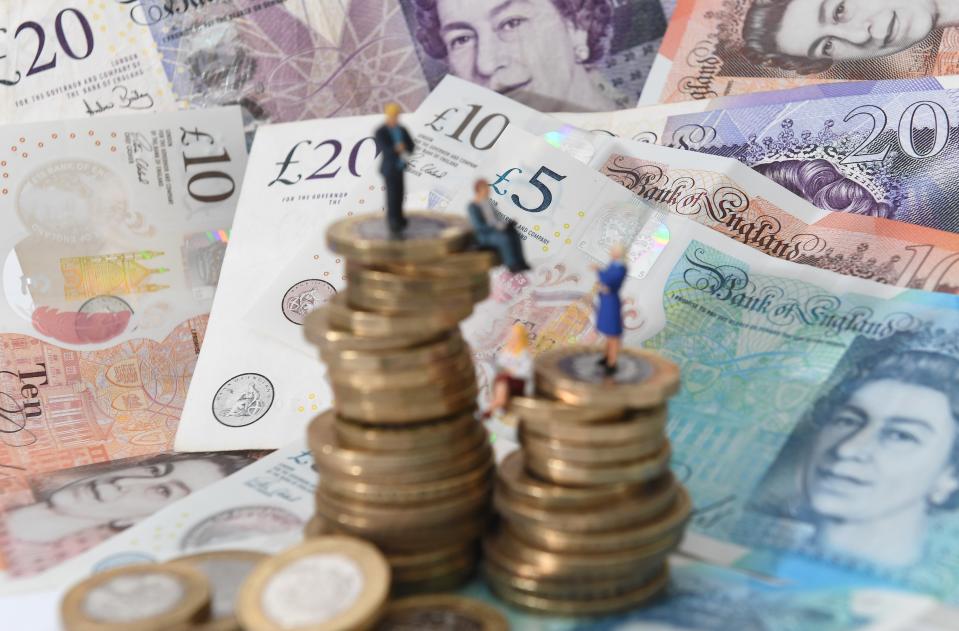5.2m new millionaires created in 2020 despite economic turmoil during pandemic

The number of millionaires in the world jumped by 5.2 million last year despite the pandemic causing major disruption to the global economy, according to a report.
Surging house prices and stock markets, helped by low interest rates and government stimulus measures, meant that the rich got richer and wealth inequality widened in 2020.
Credit Suisse estimated that the total value of assets held by households grew 7.4 per cent $28.7 trillion (£20.7 trillion) to $418.3 trillion.
The Swiss investment bank's report said wealth creation in 2020 "appears to have been completely detached from the economic woes resulting from Covid-19".
Credit Suisse estimates that there were approximately 56.1 million people with assets of $1m or more by the end of 2020 - a jump of almost 10 per cent in a year.
The report highlighted a rising wealth inequality caused by Covid-19 with the very richest individuals seeing the largest rise in their fortunes.
Meanwhile, the less well-off, women and disadvantaged groups have been hit hardest, disproportionately affected by job losses.
Anthony Shorrocks, an economist at the University and report author said: "As we noted last year, global wealth not only held steady in the face of such turmoil but in fact rapidly increased in the second half of the year.
However, he added that, "If asset price increases are set aside, then global household wealth may well have fallen."
Credit Suisse said the widening gap between rich and poor was likely due to the actions of governments rather than the pandemic itself.
Global wealth is expected to rise a further 39 per cent over the next five years to reach $583tn by 2025, while the number of millionaires is forecast to jump by nearly 50 per cent to 84 million.
Nannette Hechler-Fayd’herbe, chief investment officer of international wealth management and global head of economics and research at Credit Suisse, said: “There is no denying actions taken by governments and central banks to organise massive income transfer programmes to support the individuals and businesses most adversely affected by the pandemic, and by lowering interest rates, have successfully averted a full scale global crisis.”
She added: “The lowering of interest rates by central banks has probably had the greatest impact.
“It is a major reason why share prices and house prices have flourished, and these translate directly into our valuations of household wealth.”
The regional breakdown shows that North America and Europe accounted for the bulk of total wealth gains in 2020, increasing by $12.4 trillion and $9.2 trillion respectively.
Read More
Is it time for a ‘burnout bank holiday’?
UK airports tumble in European league table
FTSE 100 rebounds after crash as global markets also recover losses, Sensex at record high

 Yahoo Finance
Yahoo Finance 